detail profile ljubi c5 a1a samard c5 bei c4 87

Ljubiša Samardžić
Ljubisa Samardzic
atau dikenal sebagai
Riwayat Hidup
Ljubiša Samardžić (1936-2017), sometimes referred to as Smoki or Smoki Samardi, was a Serbian actor and director.
Nowadays he is perhaps best known as Šurda in the Yugoslav TV series 'Vruć Vetar'.
Born to the family of a coal miner, his acting talent was discovered very early and he won a scholarship with respected director Bojan Stupica.
After graduating from the Belgrade Drama Arts Academy, he obtained a role in Igre na skelama (1961).
Samardžić was a member of the Central Committee of Yugoslav Communist Party in late 1980s.
Info Pribadi
Peran Yang Di Mainkan Ljubiša Samardžić
 In 1985 four middleaged Yugoslav emigres return...
In 1985 four middleaged Yugoslav emigres return...Hey Babu Riba 1985
In 1985, four middle-aged Yugoslav emigres return to Belgrade for the funeral of Mariana, their beautiful compatriot. They called her Esther, for Esther Williams, she was the coxswain for their four-man rowing team, and they each loved her. They'd last seen her in 1953, when they rowed her across the Adriatic, pregnant, to join her exiled father in Italy. In flashbacks we learn the story of their youthful baptism into sex, smoking, rock and roll (Hey Ba-ba-re-bop), Hollywood and Swedish films, blue jeans on the black market, and their rivalry with Ristic, the Communist Party youth leader for whom they had instant antipathy.
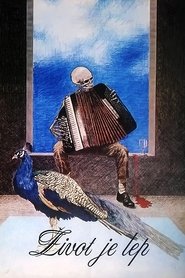 After a train breaks down and...
After a train breaks down and...Life Is Beautiful 1985
After a train breaks down and the passengers are forced to spend a day at a remote country tavern, the mix of seasonal farm workers, transients, musicians, and would-be party kingpins heads toward some explosive moments. A truckload of chickens arrive to be killed and cooked for the unruly group of passengers, and when a few boorish men harass a female singer, their actions lead to unexpected violence.
 Robert is a SF writer who...
Robert is a SF writer who...Visitors from the Galaxy 1982
Robert is a SF writer, who realizes that he can make his thoughts material. Because of that, a group of aliens arrives to Earth. Their leader is Andra, who shows affection for Robert, which does not please his girlfriend, Biba. A monster, Mumu, has arrived together with the visitors from space.
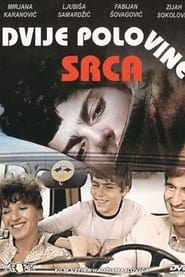 A boys careless childhood is interrupted...
A boys careless childhood is interrupted...Two Halves of a Heart 1982
A boy's careless childhood is interrupted when he finds out about his parents' decision to divorce.
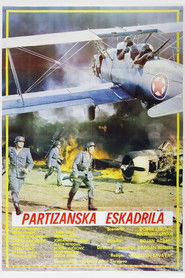 The first Yugoslav Partisan air force...
The first Yugoslav Partisan air force...The Battle of the Eagles 1979
The first Yugoslav Partisan air force unit. Loosely based on historical facts.
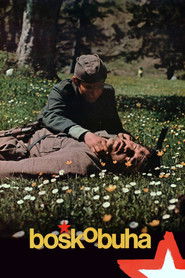 The movie is based on the...
The movie is based on the...Boško Buha 1978
The movie is based on the true story about a group of children, barely teenagers, who joined Yugoslav Partizans after losing their families in WW2. At first, Partizans want to get rid of them, but later they are joining combat ranks. Among them, Bosko Buha would become a legend because of his skill in destroying enemy bunkers.
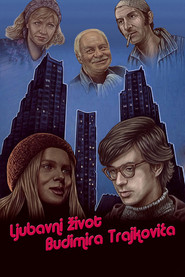 Trajkovi family are bridge builders Being...
Trajkovi family are bridge builders Being...The Love Life of Budimir Trajković 1977
Trajković family are bridge builders. Being forced to move every once in a while, the bridges are everything but pleasant thing for 17 year old Budimir, who is unable to make any permanent love relationship. In their last attempt to settle down in capital, a boy will experience love in its full meaning.
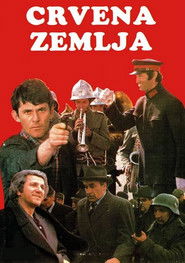 In Autumn of 1941 the German army...
In Autumn of 1941 the German army...Massacre at Noon 1975
In Autumn of 1941, the German army, determined to put down a Communist-led uprising in Serbia, is conducting a policy of killing 100 hostages for any German soldier killed. The city of Kraljevo is the site of one of those massacres, portrayed in this movie.
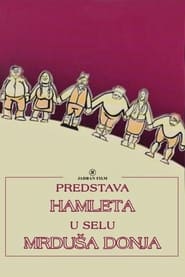 A corrupt village commissar insists on...
A corrupt village commissar insists on...A Performance of Hamlet in the Village of Mrdusa Donja 1974
A corrupt village commissar insists on mounting a production of Hamlet. The clever local teacher, however, casts the son of a man framed for theft as Hamlet, and the commissar as the usurping king, leading to a climax of truly Shakespearean proportions.
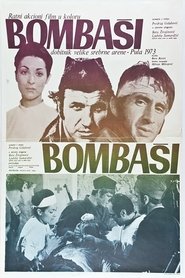 Two best friends former Partisans must...
Two best friends former Partisans must...The Bombers 1973
Two best friends, former Partisans, must face new challenges after the war.
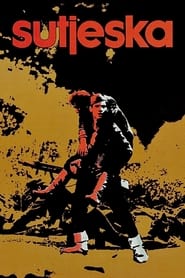 The headquarters of the Marshal Titos...
The headquarters of the Marshal Titos...The Battle of Sutjeska 1973
The headquarters of the Marshal Tito's Liberation Army are surrounded by Axis forces. The Partisans have no choice but to fight their way out of the encirclement and face the enemy on the plains of Sutjeska.
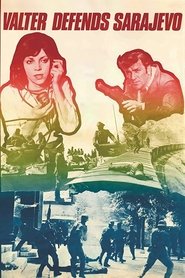 Sarajevo 1944 The German armies desperately need...
Sarajevo 1944 The German armies desperately need...Walter Defends Sarajevo 1972
Sarajevo 1944. The German armies desperately need fuel in the retreat. Walter, the enigmatic and charismatic leader of the resistance movement, can endanger their supplies. The Germans are taking a cunning plan to remove that obstacle.
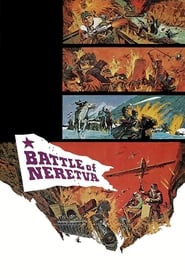 In January 1943 the German army afraid...
In January 1943 the German army afraid...The Battle of Neretva 1969
In January 1943 the German army, afraid of an Allied invasion of the Balkans, launched a great offensive against Yugoslav Partisans in Western Bosnia. The only way out for Partisan forces and thousands of refugees was the bridge on the river Neretva.
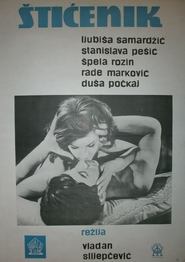 A young ambitious man employs every...
A young ambitious man employs every...The Climber 1966
A young, ambitious man employs every means necessary in order to climb to the top of the social ladder. But the whirlpool of compromises and corruption eventually threatens to render his life meaningless.
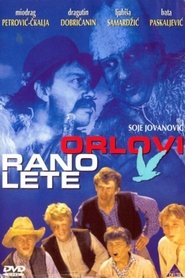 A group of kids from the...
A group of kids from the...Eagles Fly Early 1966
A group of kids from the Bosnian village often run away from school from the terror of Pepper, a teacher who got his nickname because of his red nose. Soon they formed a brigand division, but have been discovered and caught. The sudden arrival of year 1941 turns their game into reality.
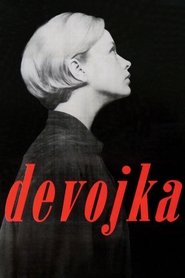 A lyrical fourfold perspective on WWII...
A lyrical fourfold perspective on WWII...The Girl 1965
A lyrical fourfold perspective on WWII through the eyes of a young partisan couple, a town photographer and a German officer.
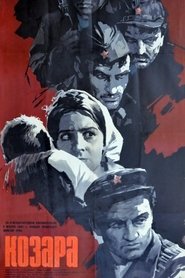 In June of 1942 Germans and their...
In June of 1942 Germans and their...Kozara 1962
In June of 1942 Germans and their collaborators decide to get rid of partisans and their stronghold in the woods of Mount Kozara in Northern Bosnia. They encircle the mountain and begin the mop up operation. Out gunned and outnumbered the partisans must not only take care of themselves but try to protect thousands of refugees too.
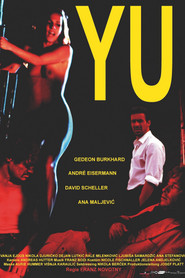 The experiences and adventures of three...
The experiences and adventures of three...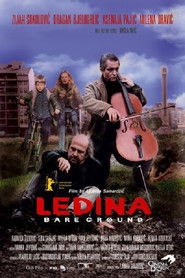 The story takes place in a...
The story takes place in a...